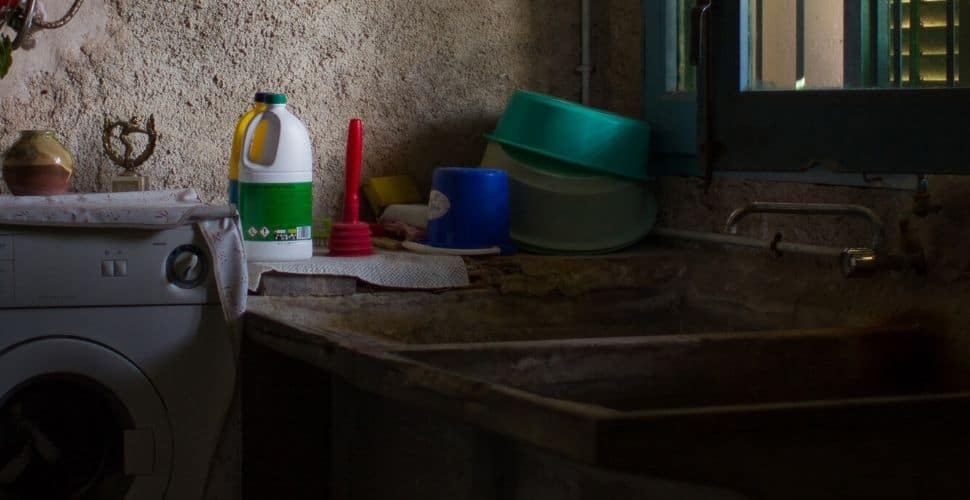Ethiopians make up the majority of the foreign domestic work population employed in Lebanon. The majority of these domestic workers are women, and they represent the lowest-paid sector of Lebanon’s workforce.
As Lebanon’s deep economic crisis continues to worsen, vulnerable Ethiopian migrant workers are either being laid off by their Lebanese employers, or trapped into exploitative cycles of unpaid labor and abuse, according to Open Democracy.
Under the current conditions in Lebanon, unemployed domestic workers are forced to barter their personal belongings for bare necessities and food. Others, who are still employed, are locked up in homes with their employers using the economic crisis as a justification to withhold months’ worth of wages.
An Ethiopian domestic workers rights organization in Lebanon, Egna Legna Besidet, has also reported this labor exploitation, stating:
“We are getting calls everyday from women who are being held in slavery like conditions.”
“There have been social media sightings of posts by Lebanese attempting to sell their Ethiopian workers, as if the women were tradable commodities.”
Ethiopian migrant workers are bound by law to their employers through the country’s kafala system. Zelalem illustrates how labor exploitation is facilitated by the system of employer sponsorship:
“…foreign domestic workers are underpaid, overworked and have no right to change employer or object if held in abusive conditions. Their passports could be taken away and they’d have no legal avenues to challenge any of this.”
Lebanese employers often refuse to release Ethiopian domestic workers from their contracts, despite not paying them, and in many cases use repeated abuse to prevent them from leaving the home they are employed in.
Some women have managed to escape. However, if they flee, kafala law allows these employers to void a domestic worker’s residency documents no matter what the situation.
As a result, Ethiopian workers are left as “undocumented illegals” and are required to pay 200 USD for each year of illegal residence to Lebanon’s immigration authorities.
The Lebanese government provides no amnesty for these Ethiopian migrant workers seeking to escape their forced labor.
For a migrant who has spent three years working undocumented, the total cost of the fines and an air ticket could easily surpass a thousand dollars. Getting out of the country itself has become a costly endeavor.
While the Philippines’ embassy in Beirut is offering to repatriate all its nationals at no cost to them, Ethiopia’s consulate announced that it will only repatriate nationals who pay a $550 fee, along with an additional $250 per child two years old and older. This exorbitant cost amounts to four months of a domestic worker’s salary.
Zelalam stresses that this is one of many instances in which Ethiopia’s consulate has been complicit in the neglect and abuse of Ethiopian domestic workers.
In fact, when domestic workers called on the Ethiopian government to rescue the most vulnerable workers in Lebanon, Shamebo Fitamo, the Ethiopian Director General of Middle East Affairs for the Foreign Ministry, instead urged Ethiopian migrant workers to stop communicating with the media so that “negative press” surrounding the government would end.
It is clear that the Lebanese and Ethiopian governments have little interest in the well-being of Ethiopian migrant workers in Lebanon under the current economic crisis.
It is under such critical circumstances that we see how necessary international labor standards are in protecting migrant domestic workers from exploitation and forced labor.
Call on your country to ratify the Domestic Workers Convention today.







Freedom United is interested in hearing from our community and welcomes relevant, informed comments, advice, and insights that advance the conversation around our campaigns and advocacy. We value inclusivity and respect within our community. To be approved, your comments should be civil.